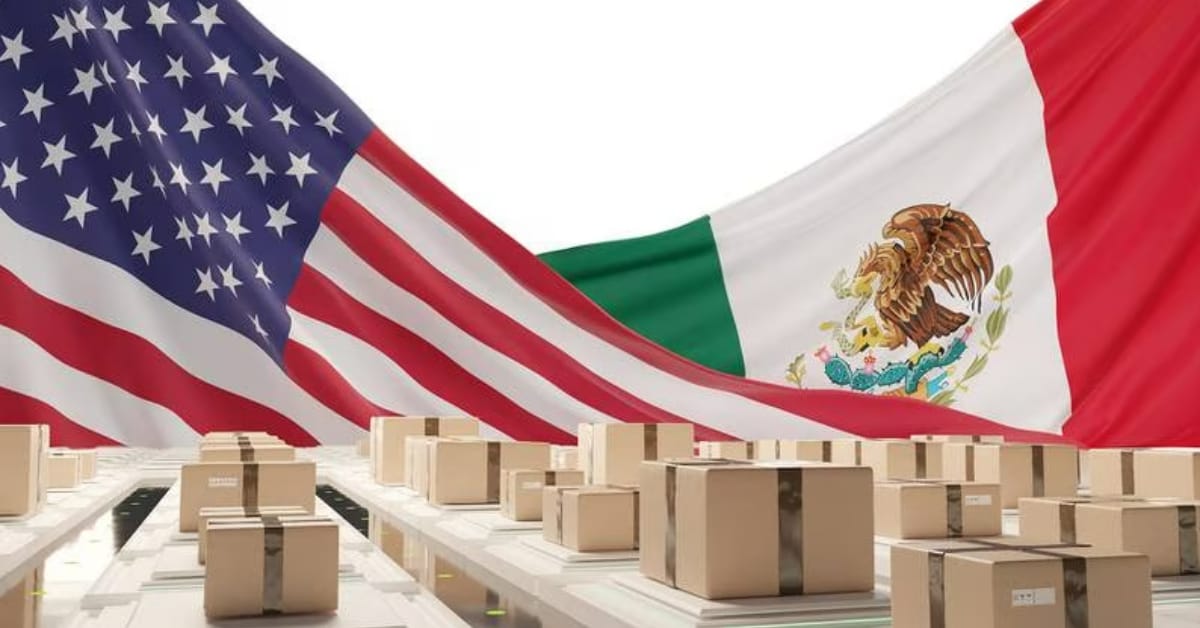Texas oil producers are reaching their absolute breaking point with Donald Trump, and honestly, it’s about damn time someone said it! We’re talking about the guys who practically built his campaign, the industry that turned the US into an energy powerhouse, and now they’re getting shafted by his trade wars.

For fifteen years, the US shale oil industry has been a freakin’ miracle. We became the world’s top oil producer, energy costs plummeted, and petrochemical and natural gas exports boomed. And let’s not forget the generous donations to Trump’s election efforts – it feels like a betrayal, doesn’t it?
But since Trump slapped on those new tariffs on April 2nd, the energy sector is taking the biggest hit. Half of the 20 worst-performing stocks in the S&P 500 are now in oil, gas, or petrochemicals. Crude prices have sunk to a four-year low, and these guys are staring down the barrel of some serious financial pain.
“I don’t know of an industry that’s supported Trump more than oil and gas,” says Kirk Edwards, former chairman of the Texas Oil Association. He said this while playing golf in Odessa, Texas – smack-dab in the middle of the Permian Basin. They’re shocked, folks, absolutely shocked.
Let’s break down why this is really concerning. The importance of US shale oil production: Over the last decade, technological advancements like hydraulic fracturing (‘fracking’) revolutionized oil extraction. This boosted domestic supply and reduced reliance on foreign oil. The impact of trade wars: Increased tariffs impose costs on industries, limiting export competitiveness and potentially depressing domestic demand. Energy price sensitivity: The oil and gas industry is highly sensitive to price fluctuations, as profitability depends on maintaining a certain price level for viability. Regional economic consequences: A downturn in the oil and gas sector disproportionately impacts regions like West Texas, where the industry is a major employer and economic driver. It’s not just about dollars and cents; it’s about livelihoods and communities.






